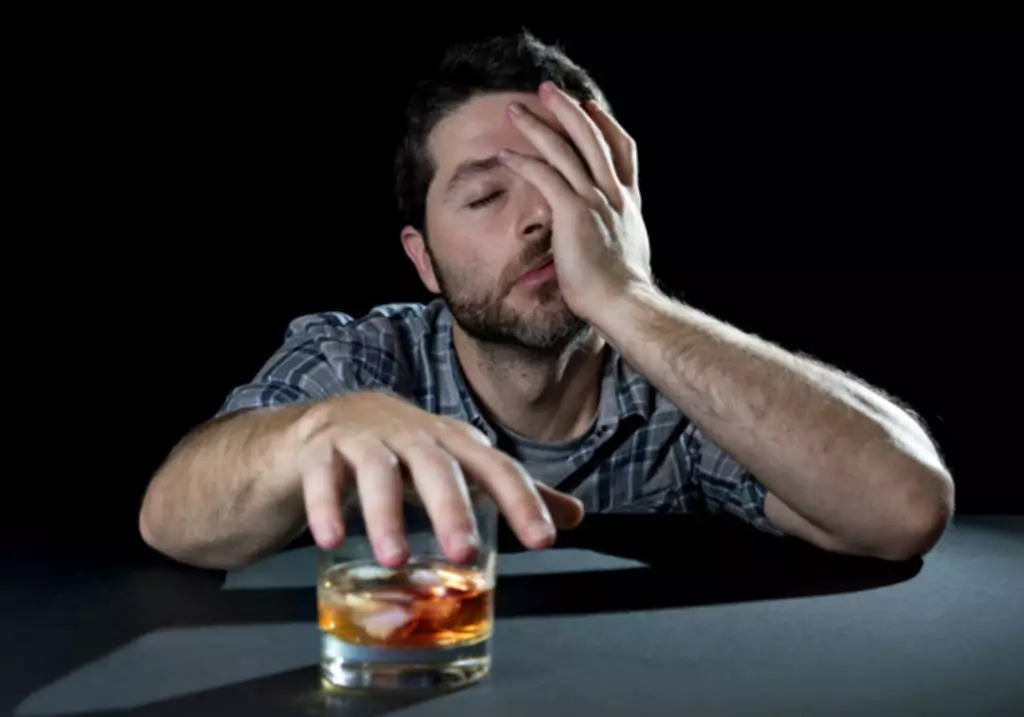27 out Alcohol and Its Effects on Mental Health
According to the 2013 Cochrane overview and network meta-analysis, VAR is the most effective medication for tobacco cessation and the smokers on VAR are three times more likely to quit smoking compared with placebo treatment. It has not been tested in people under 18 years old or pregnant women (Coleman et al., 2015), and is considered a class C pregnancy drug, with no increased risk of congenital anomalies and malformations (Cressman et al., 2012). VAR acts as a full agonist to the α7 nicotinic acetylcholine receptors and is a partial agonist to the α4β2, α3β4 and α6β2 subtypes (Mihalak et al., 2006; Mineur & Picciotto, 2010; Tanuja et al., 2012).
Alcohol and Depression: How Are They Connected? – Verywell Mind
Alcohol and Depression: How Are They Connected?.
Posted: Wed, 20 Dec 2023 08:00:00 GMT [source]
When It May Be Time to Seek Help
The efficacy of quetiapine was evaluated by Kurlawala & Vatsalya, for the treatment of akathisia (involuntary body movements) in a very heavy alcohol drinking patients. Treatment with quetiapine progressively lowered the occurrence of akathisia in alcohol dependent patients with no symptoms of depression, and over time in heavy drinkers who had clinically significant symptoms of depression (Kurlawala & Vatsalya, 2016). Several preliminary open-label and retrospective studies reported that quetiapine reduced alcohol intake in alcohol-dependent patients (Monnelly et al., 2004; Martinotti et al., 2008).
Antidepressants
- You may start by seeing your primary care provider to find out if your anxiety could be related to your physical health.
- In layman’s terms, respiratory depression is when your breathing slows to a dangerous level.
- About 20 percent of people with social anxiety disorder also suffer from alcohol dependence.
According to a review study that looked at anxiety and alcohol use disorders, this relationship can become a dangerous, self-perpetuating cycle. If you suspect that you have an alcohol use problem, effective treatments are available. Talk to your doctor about medications, therapy, and support groups that can help you manage your alcohol consumption.

Addiction Therapy Programs
Having a drink might seem like a good way to ease anxiety, but you may be doing more harm than good. Our experiential therapy programs, such as equine therapy, can help individuals connect with their emotions and learn healthy coping strategies. does alcohol cause panic attacks As anyone who’s consumed alcohol knows, ethanol can directly influence brain function. Ethanol is classified as a “depressant” because it has a generally slowing effect on brain activity through activation of γ-aminobutyric acid (GABA) pathways.
- The notion of a simple, unidirectional, causal link between co-occurring disorders is not supported by the findings reviewed in this article.
- One theory of why this happens is called the “tension reduction hypothesis.” This theory suggests that alcohol is used as a self-medicating method to reduce stress and anxiety.
- But it’s an important step to take for your overall well-being, and your healthcare provider is here to help.
- Psychotherapeutic interventions have shown ample evidence of their efficacy in dual anxiety treatment.
Alcohol use disorder
- This α4β2 competitive binding by VAR reduces the ability of nicotine to bind and stimulate the mesolimbic dopamine system, like the mode of action of buprenorphine in the treatment of opioid addiction (Elrashidi & Ebbert, 2014).
- A study (86) shows that Topiramate could improve anxiety symptoms in alcohol-dependent patients, while some benefits with naltrexone have been described (92, 93).
- Intracerebroventricular (ICV) administration of prazosin (2 and 6 nmol) or systemically (1 mg/kg) on antagonist yohimbine (1.25 mg/kg)-induced reinstatement of alcohol craving in rats was assessed by using footshock stress.
- For example, can individuals with AUD be distinguished meaningfully based on objective stress reactivity and regulation indicators, and do subjective anxiety symptoms mark or moderate this distinction?




No Comments